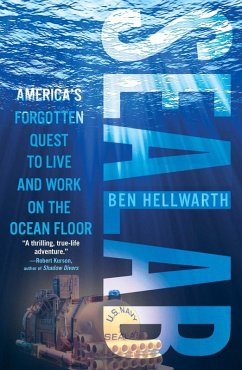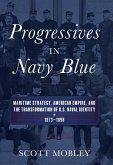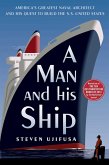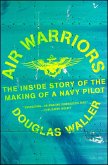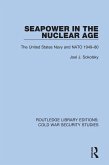While NASA was trying to put a man on the moon, the US Navy launched a series of daring experiments to prove that divers could live and work from a sea-floor base. When the first underwater habitat called Sealab was tested in the early 1960s, conventional dives had strict depth limits and lasted for only minutes, not the hours and even days that the visionaries behind Sealab wanted to achievefor purposes of exploration, scientific research, and to recover submarines and aircraft that had sunk along the continental shelf. The unlikely father of Sealab, George Bond, was a colorful former country doctor who joined the Navy later in life and became obsessed with these unanswered questions: How long can a diver stay underwater? How deep can a diver go?
Sealab never received the attention it deserved, yet the program inspired explorers like Jacques Cousteau, broke age-old depth barriers, and revolutionized deep-sea diving by demonstrating that living on the seabed was not science fiction. Today divers on commercial oil rigs and Navy divers engaged in classified missions rely on methods pioneered during Sealab.
Sealab is a true story of heroism and discovery: men unafraid to test the limits of physical endurance to conquer a hostile undersea frontier. It is also a story of frustration and a government unwilling to take the same risks underwater that it did in space.
Ben Hellwarth, a veteran journalist, interviewed many surviving participants from the three Sealab experiments and conducted extensive documentary research to write the first comprehensive account of one of the most important and least known experiments in US history.
Dieser Download kann aus rechtlichen Gründen nur mit Rechnungsadresse in A, B, BG, CZ, D, DK, EW, E, FIN, F, GR, HR, H, I, LT, L, LR, NL, PL, P, R, S, SLO, SK ausgeliefert werden.
Hinweis: Dieser Artikel kann nur an eine deutsche Lieferadresse ausgeliefert werden.

